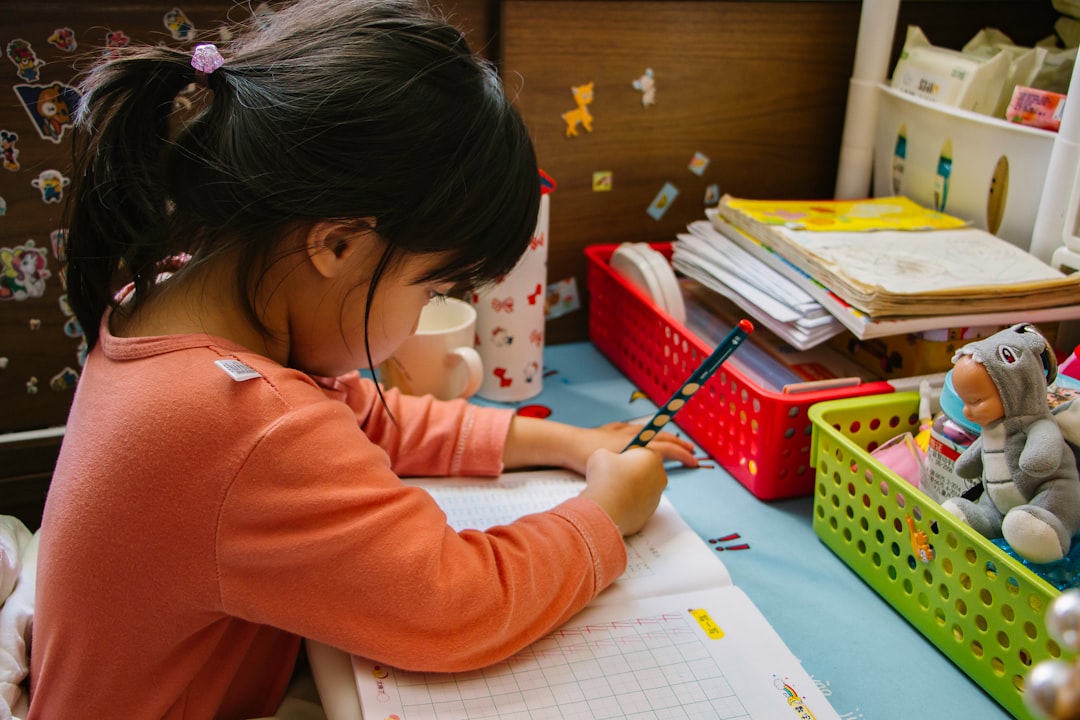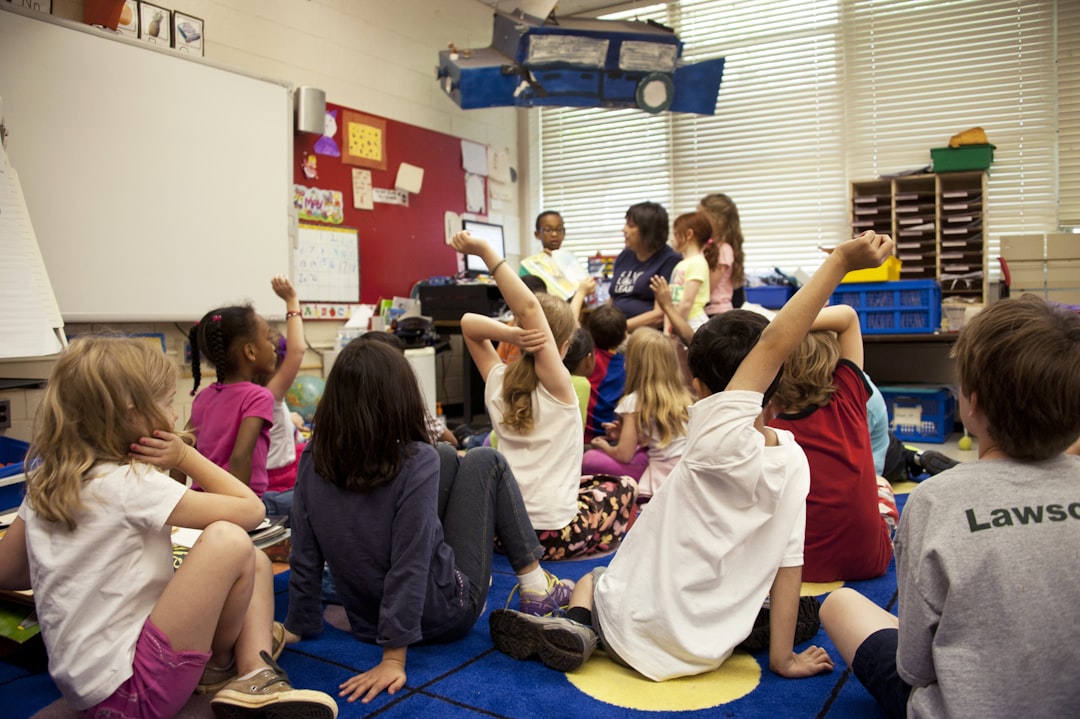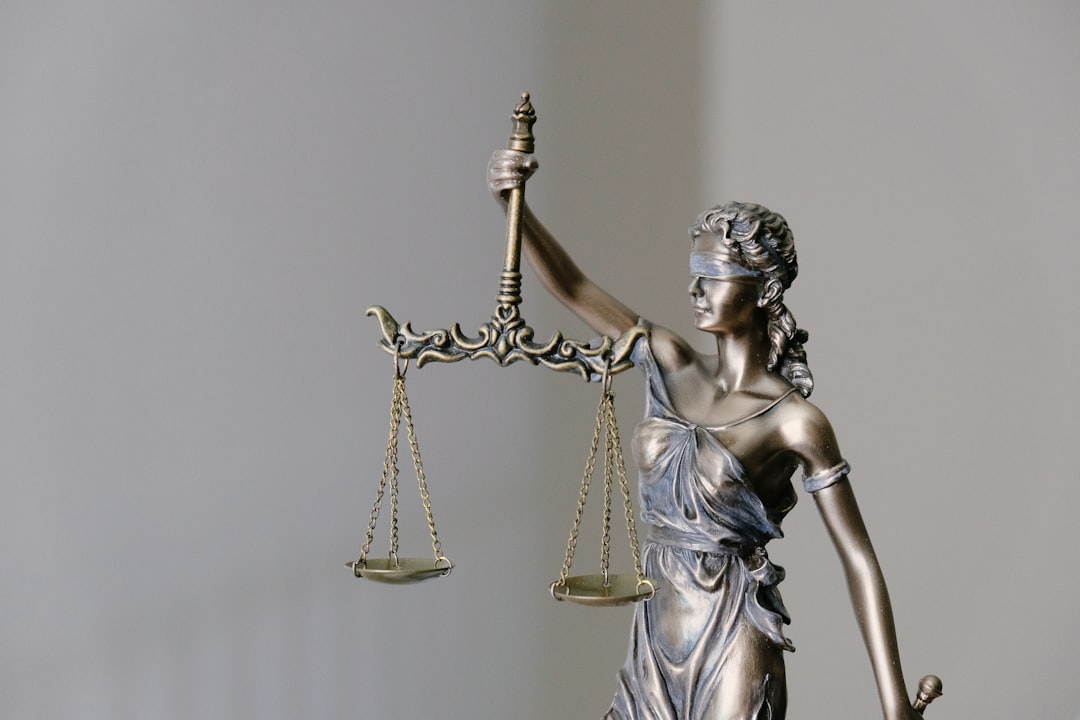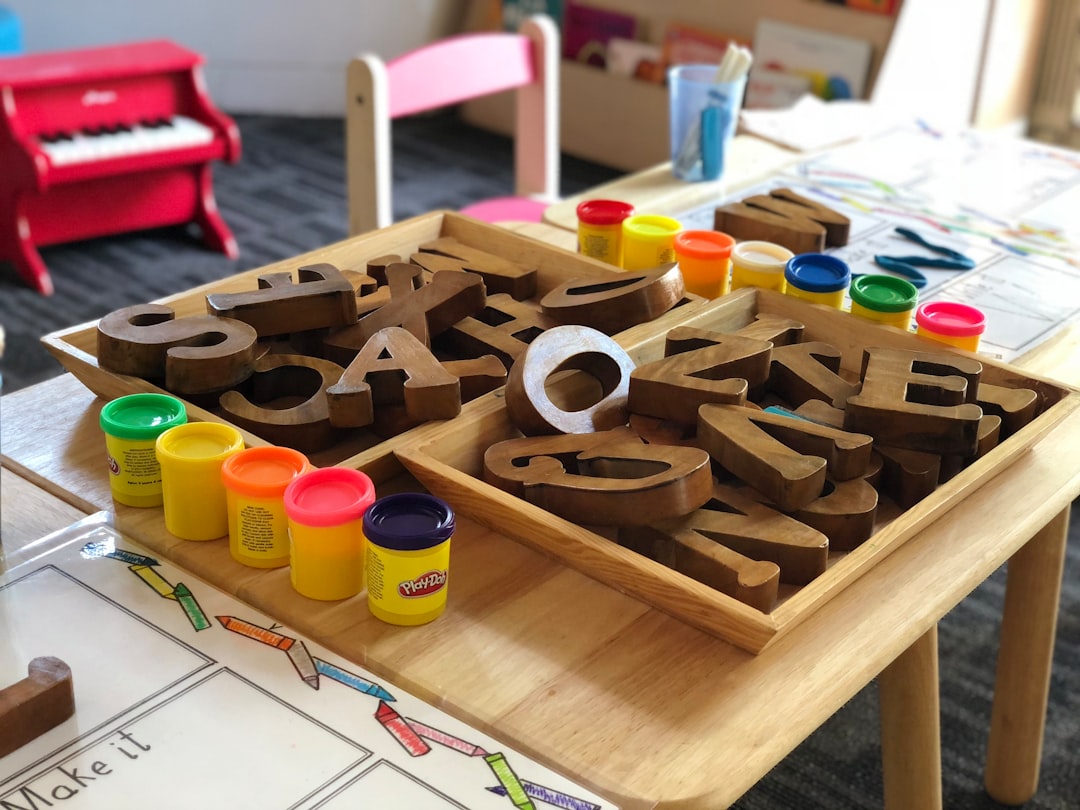“Seeking justice for your child’s well-being? If you reside in Rhode Island and have encountered daycare abuse, understanding your legal rights is paramount. This article guides parents through the complex landscape of Rhode Island’s daycare abuse laws and offers crucial insights on selecting a competent daycare abuse lawyer. From recognizing signs of abuse to building a compelling case, we explore essential steps. Learn about your rights, protections, and how to navigate the legal process effectively, ensuring your child receives the support they deserve.”
Understanding Daycare Abuse Laws in Rhode Island
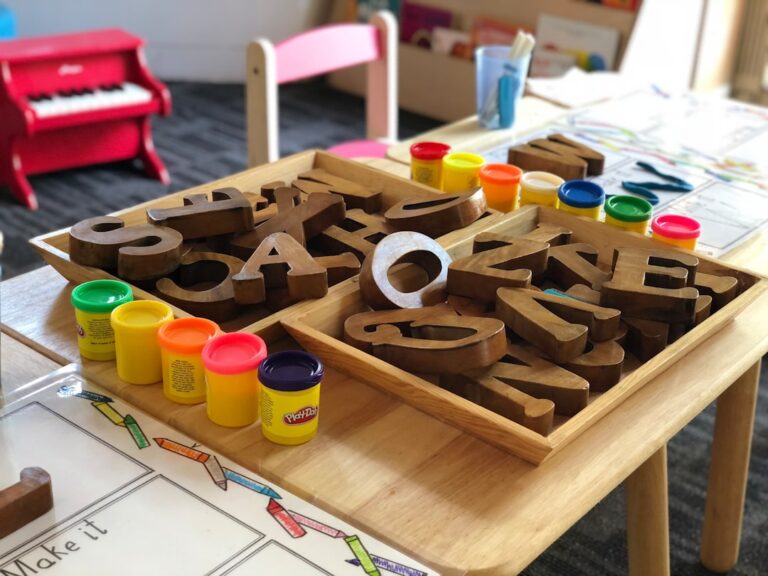
In Rhode Island, the laws regarding daycare abuse are designed to protect children and ensure their safety in out-of-home care settings. If you suspect or have experienced daycare abuse, understanding your legal rights is crucial. A trusted daycare abuse lawyer in Rhode Island can provide essential legal assistance, guiding you through complex regulations and advocating for justice.
The state has specific laws in place to regulate childcare facilities, including licensing requirements, safety standards, and procedures for reporting abuse. These laws are intended to hold daycare centers accountable for the well-being of the children in their care. A qualified attorney can help interpret these laws, ensuring that your rights as a parent or guardian are respected and that any potential legal action is taken appropriately.
What to Look for in a Daycare Abuse Lawyer
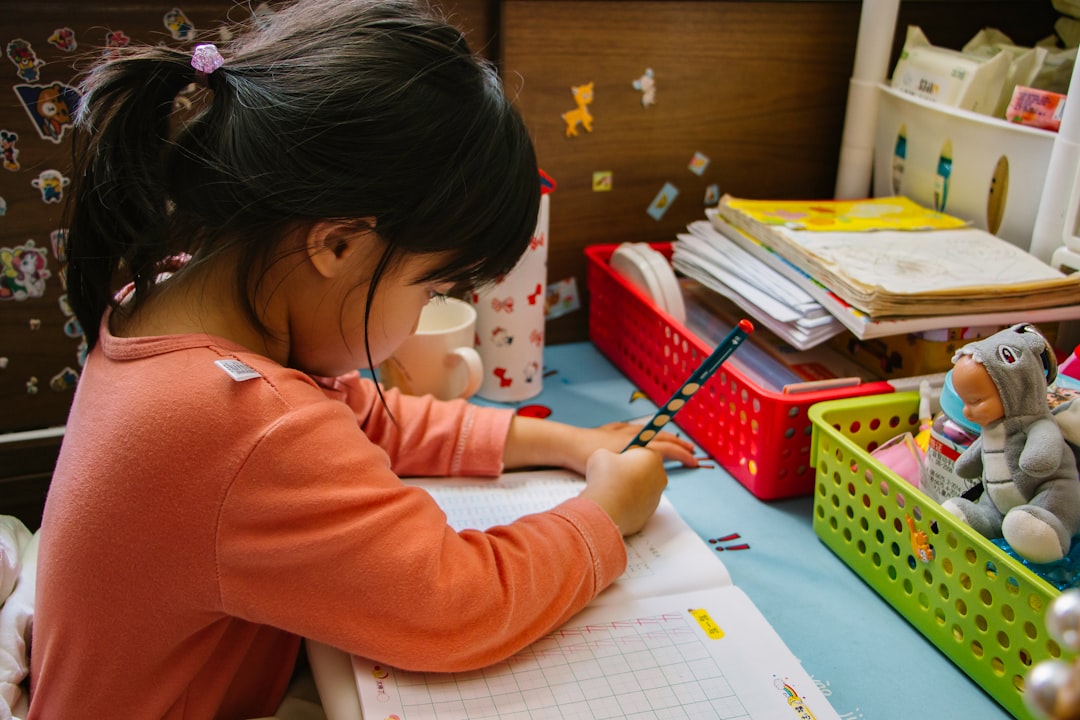
When searching for a daycare abuse lawyer in Rhode Island, it’s crucial to find an attorney who has extensive experience in this specific area of law. Look for a legal professional who understands the unique dynamics and challenges surrounding daycare abuse cases. Their expertise should include knowledge of state laws and regulations related to child welfare and daycare facilities.
Additionally, consider a lawyer who has a proven track record of success in handling similar cases. Review their past client testimonials and case results to gauge their effectiveness. Effective communication is also vital; choose an attorney who listens attentively and keeps you informed throughout the legal process. Ensure they provide clear explanations of your rights, options, and potential outcomes related to daycare abuse cases in Rhode Island.
Building a Solid Case: Evidence and Testimony
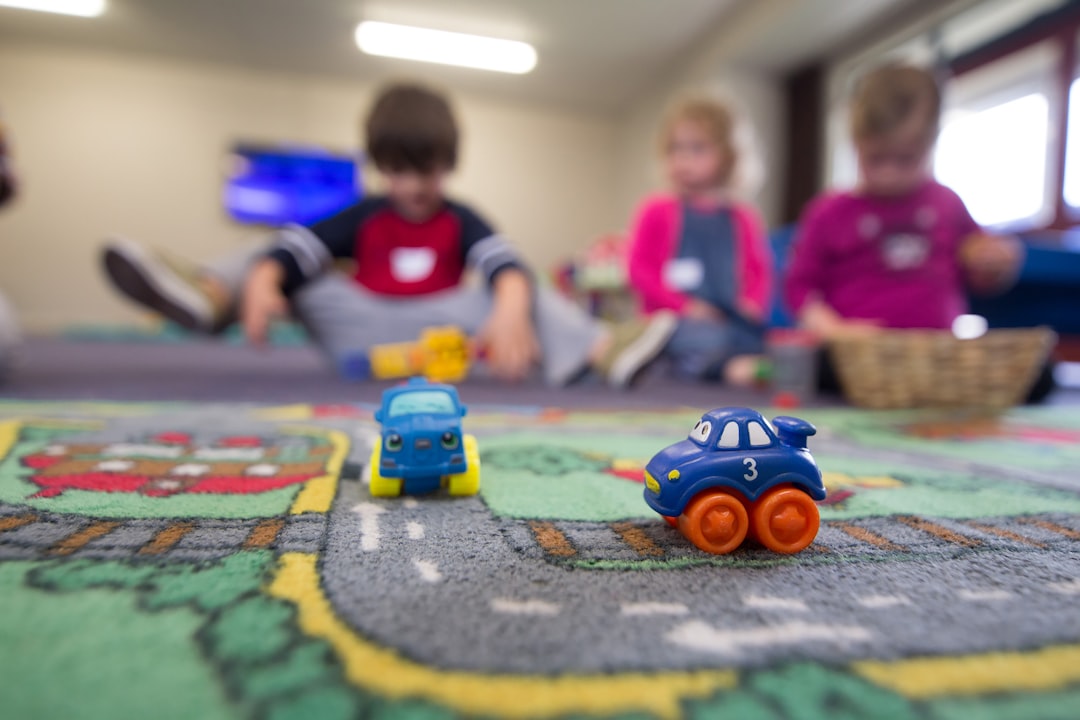
When building a case against a daycare center for abuse, a dedicated daycare abuse lawyer Rhode Island will emphasize the importance of evidence and testimony. This includes any physical signs of injury, medical records, and detailed accounts from parents or witnesses. It’s crucial to document every interaction with the daycare, including dates, times, and descriptions of unusual behavior by staff members.
Additionally, a skilled attorney will help gather testimony from experts like pediatricians or child psychologists who can shed light on the nature and extent of the abuse. This robust evidence is critical in securing justice for victims and holding negligent daycares accountable under Rhode Island laws.
Navigating the Legal Process: Rights and Protections
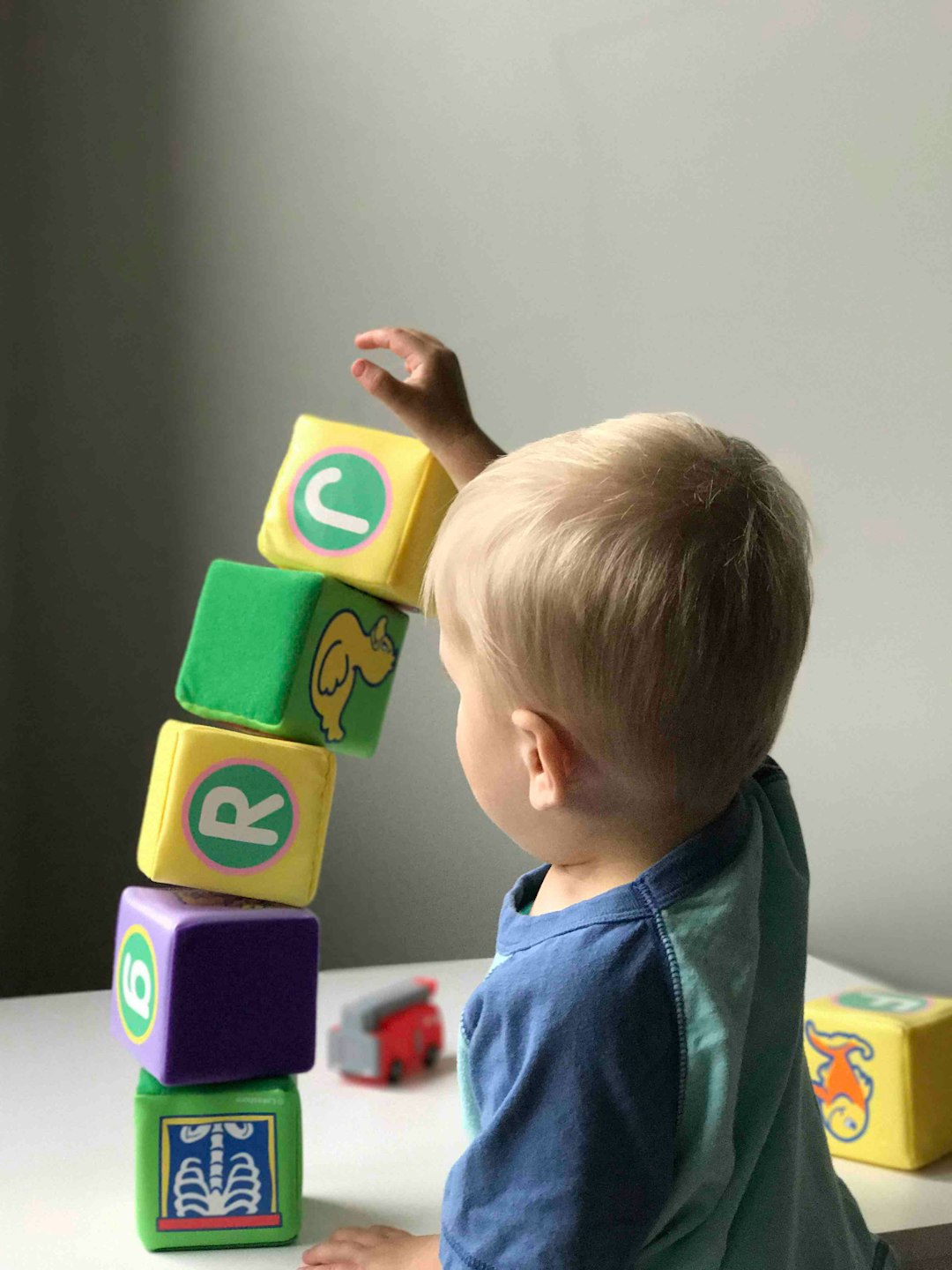
Navigating the legal process after experiencing daycare abuse in Rhode Island can be daunting, but with the right support, it is possible to seek justice and hold accountable those responsible. The first step is understanding your rights as a victim or parent. In Rhode Island, there are stringent laws in place to protect children from abuse and neglect, especially in institutional settings like daycares. These laws grant you the right to legal representation, ensuring that your voice is heard and your child’s safety is prioritized.
A daycare abuse lawyer in Rhode Island can guide you through this intricate process, explaining your options and rights under the law. They will help you build a strong case by gathering evidence, interviewing witnesses, and consulting with experts. This specialized legal assistance ensures that the actions taken against the daycare or its staff are comprehensive and effective, ultimately aiming to prevent further harm and promote a safe environment for all children.
